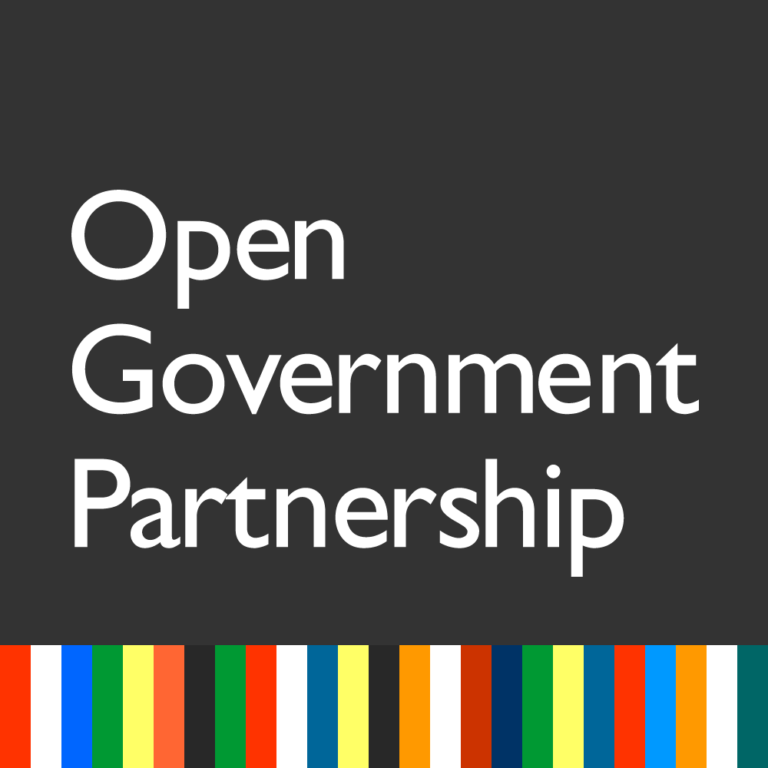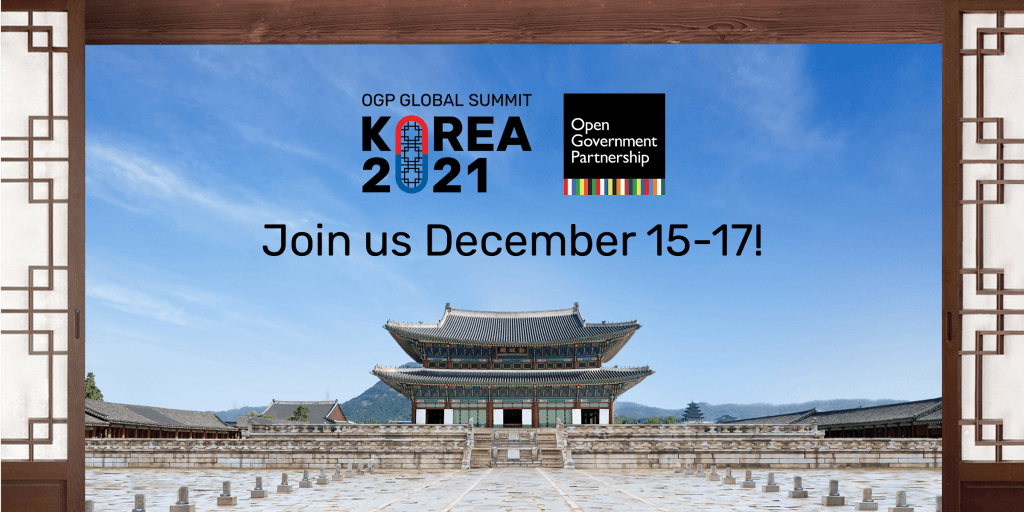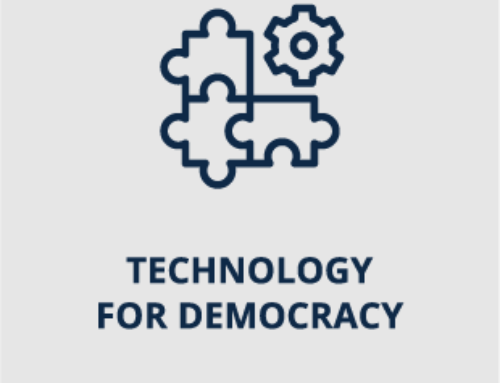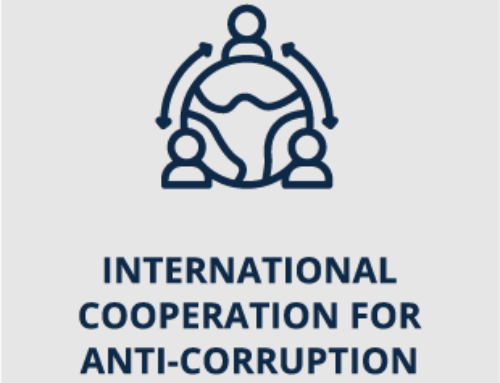The Open Government Partnership (OGP) tenth anniversary Global Summit hosted by the Republic of Korea takes place December 15-17, and the Summit for Democracy hosted by the United States takes place December 9-10. The trends on democracy and open government over the past decade are well established. Despite some incredible bright spots and brave reformers who have shown the power of open societies to transform lives, the overall picture has been one of fifteen consecutive years of declining civil liberties and democratic backsliding.
Summits alone will certainly not be enough to make 2021 the year where these trends reverse, but they can play an important role. Both summits will involve heads of state and government, ministers, civil society leaders, private sector representatives and local leaders in a discussion on how to strengthen global democracy. Both summits also involve making commitments, whether as part of OGP action plans or as statements of intent from the 108 countries invited to the U.S. Summit for Democracy. In recent years it has been rare for these issues to be at the top of the international agenda. This political opportunity must be taken.
The Republic of Korea will host the 2021 OGP Global Summit December 15-17. Registration is now open at ogpsummit.org
So with one month to go, where should energy and attention be focused to ensure these summits deliver results? That was the topic of a recent webinar hosted by OGP with a group of reformers in government and civil society from around the world, who discussed recommendations for their peers around the world to maximise the summits including these concrete steps that can be taken in the next month:
1. Influence your leader’s speech
Over 100 heads of state and government have been invited to speak at the U.S. Summit for Democracy. Many of them will also be speaking at the OGP Global Summit. It’s rare that political leaders are asked to give dedicated remarks on the health of democracy in their country, so this opportunity should not be wasted. Rather than the usual platitudes about the importance of open government and democracy, reformers in and outside of government should advocate for their leaders to face up to the genuine challenges many democracies are facing and to lay out a plan for how those challenges will be addressed.
2. Ensure commitments are co-created with civil society
No host of any global summit wants to be accused of hosting a “talking shop” – a place where leaders give speeches with no accountability for follow up or implementation. OGP ensures commitments made on the global stage are grounded in implementation strategies through the OGP action plan process. At the U.S. Summit for Democracy, invited governments have also been asked to bring commitments, but given the tight timeline many have not managed to consult civil society on them. This is a missed opportunity. In the next four weeks, all invited governments should ensure they discuss whatever commitments they are considering for the Summit for Democracy with civil society, and plan consultations in the first half of 2022 to ensure high-level commitments in speeches actually translate into actionable plans, whether through OGP or other platforms.
3. Focus on reforms that build democratic resilience at home and respond to external threats
Strengthening open government and democracy will never come down to one policy alone. It takes a whole of society approach and a concerted effort across government to ensure that citizen voices are being heard and accountability is being enforced. The OGP Global Summit and Summit for Democracy have some important thematic areas in common where progress is important. This includes tackling corruption and state capture, whether through reforming public procurement to make it more open or tackling the abuse of anonymous companies. It also includes addressing threats to civic spaces, through supporting independent media and free operations of non profit organisations, and protecting whistleblowers. These important areas of convergence must be complemented by a focus on how to make our societies more resilient to threats. This includes trust building by ensuring citizens have a voice in government decisions, making public services more responsive, and upholding ethics and standards in public life. Strengthening democracy is not only about responding to external threats from authoritarian regimes, it is about putting your own house in order to increase resilience.
Watch the recording of our community briefing from October 28 here or below.





